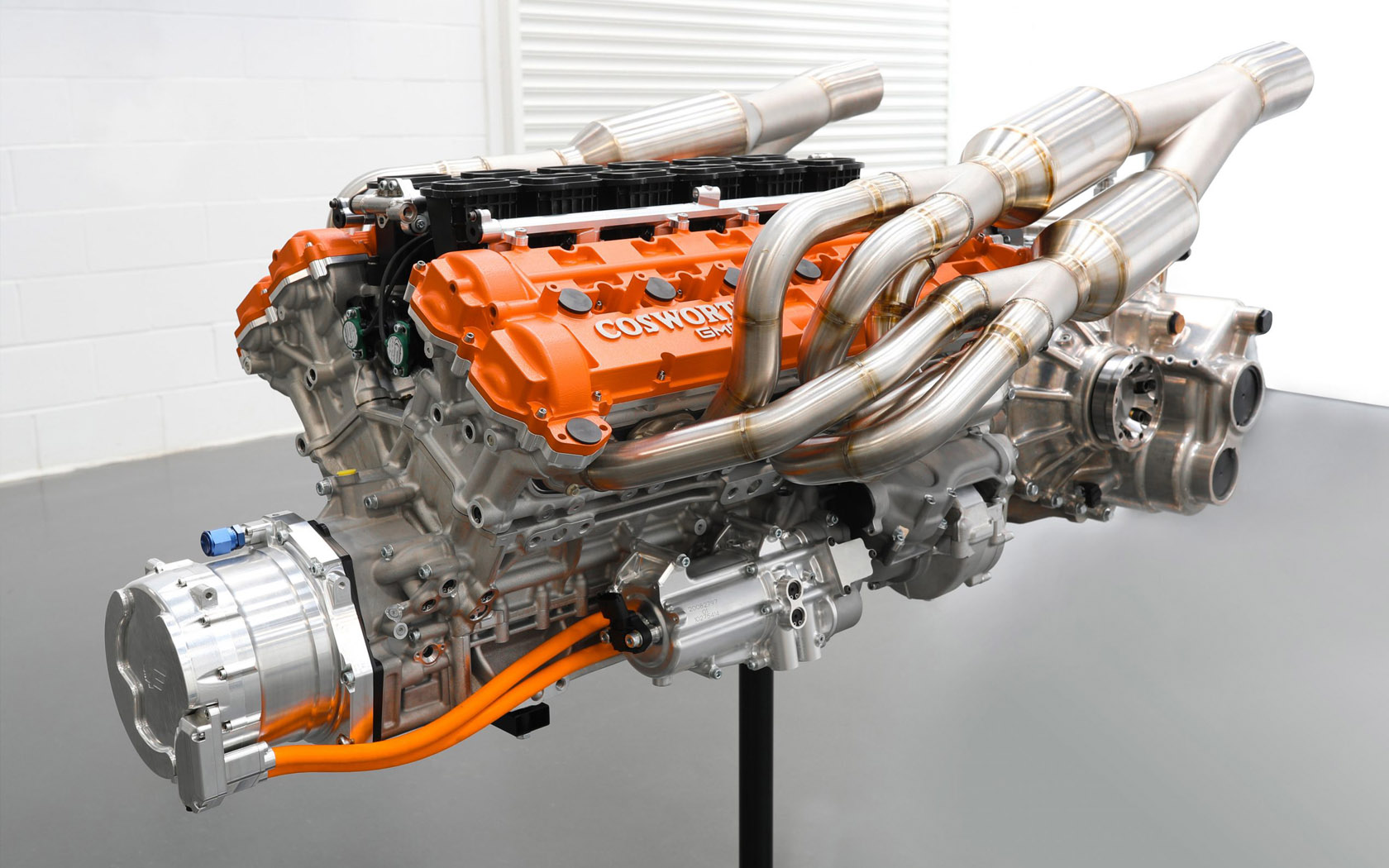Engines For Africa: Top Option for Automotive Lovers
Engines For Africa: Top Option for Automotive Lovers
Blog Article
A Full Guide to Choosing the Right Engine for Your Task
Selecting the ideal engine for your task is a crucial decision that can considerably impact its total success. It is imperative to meticulously specify your task needs, assess efficiency needs, and consider user-friendliness alongside other crucial variables. In addition, understanding the neighborhood support offered and looking at price implications can further fine-tune your option. Each of these aspects plays a crucial duty in ensuring that your chosen engine not only satisfies instant goals yet additionally straightens with long-term aspirations. As we explore these considerations, you may find that the nuances of each aspect reveal even more than initially anticipated.
Define Your Task Needs
Defining your project requires is a crucial action in selecting the suitable engine for successful implementation. A thorough understanding of your project's goals will certainly lead you in recognizing the functions and capacities needed from an engine. Begin by outlining the extent of your task, consisting of the wanted capability, target audience, and the certain results you aim to accomplish.
Following, consider the technical needs that line up with your project goals. This consists of examining the compatibility of the engine with existing systems, in addition to the programming languages and structures that will be used. Furthermore, evaluate the level of scalability required to suit future growth or changes in demand.
Budget constraints likewise play a vital duty in specifying your task requires. Establish a clear economic structure to lead your decision-making process, ensuring that the engine chosen fits within your budget plan while giving the necessary functionality.
Evaluate Efficiency Needs

Following, take into consideration the scalability of the engine. Assess whether it can manage raised workloads as your task grows. Engines that sustain horizontal scaling are commonly preferable for bigger applications. Additionally, review the engine's performance under various problems, such as peak usage scenarios, to guarantee it fulfills your reliability criteria.
Take Into Consideration Simplicity of Use
While technological requirements are necessary, the ease of usage of an engine can significantly affect the growth procedure and total project success. An user-friendly user interface, clear documents, and structured operations can substantially reduce the understanding contour for developers, allowing them to focus on creativity and analytical rather than coming to grips with facility tools.
When examining an engine's ease of usage, take into consideration the onboarding experience. A well-structured intro, complete with tutorials and example projects, can assist in a smoother transition for new users. In addition, the clearness and comprehensiveness of the engine's paperwork play a critical function; extensive overviews and API references can encourage developers to troubleshoot and apply attributes effectively.
An engine that enables for very easy adjustments can be extra straightforward, as designers can tailor it to fit their details requirements without comprehensive hassle. Ultimately, selecting an engine that focuses on simplicity of use can lead to an extra effective and satisfying growth experience.
Assess Community and Assistance
The strength of an engine's area and support network can greatly affect a developer's experience and success. A vivid neighborhood commonly indicates a wide range of shared understanding, resources, and repairing help that can improve your task's advancement procedure. When evaluating an engine, consider the size and activity level of its neighborhood. Bigger neighborhoods generally provide extra online forums, tutorials, and third-party plugins, allowing developers to find solutions much more efficiently.
Additionally, examine the accessibility of main support channels. Reliable documents, receptive customer support, and regular updates are crucial for addressing technical problems and maintaining your task on course. Engines For Africa. Energetic neighborhoods likewise promote cooperation, providing opportunities for networking and feedback, which can be vital, especially for independent programmers or small groups
In addition, explore the existence of community-run occasions, such as meetups or hackathons. These gatherings can basics improve your understanding of the engine while linking you with experienced individuals and possible partners. In recap, a durable area and assistance system not just streamline development however likewise develop an environment favorable to discovering and technology, ultimately enhancing the possibility of your job's success.
Contrast Price and Licensing Alternatives
Budget considerations play a crucial role in selecting the best engine for your job, as the cost and he has a good point licensing options can substantially affect both temporary costs and long-lasting feasibility. Engines For Africa. Different engines use varying prices frameworks, which can include one-time purchase charges, membership models, or revenue-sharing contracts based on your project's earnings

Accrediting alternatives likewise vary substantially. Some engines are open-source, using versatility and community-driven support, while others might call for proprietary licenses that restrict use and circulation. Comprehending the implications of each licensing model is vital, as it influences possession legal rights, future scalability, and prospective lawful commitments.
Final Thought
In final thought, selecting the suitable engine for a job necessitates a detailed analysis of specified project demands, efficiency requirements, convenience of use, community assistance, and cost factors to consider. By systematically addressing these essential aspects, decision-makers can guarantee alignment with both existing and future task demands. An educated option inevitably improves the chance of job success, making it possible for efficient source allotment and taking full advantage of potential results within the defined budgetary restraints.
Selecting the proper engine for your project is an see this site important decision that can dramatically impact its general success.Specifying your project needs is a critical step in choosing the ideal engine for successful application. A thorough understanding of your project's objectives will lead you in identifying the functions and abilities required from an engine.When you have a clear understanding of your task requires, the next step is to assess the performance requirements of the engine.In final thought, selecting the appropriate engine for a task requires an extensive assessment of defined task requirements, efficiency requirements, ease of use, community support, and cost considerations.
Report this page